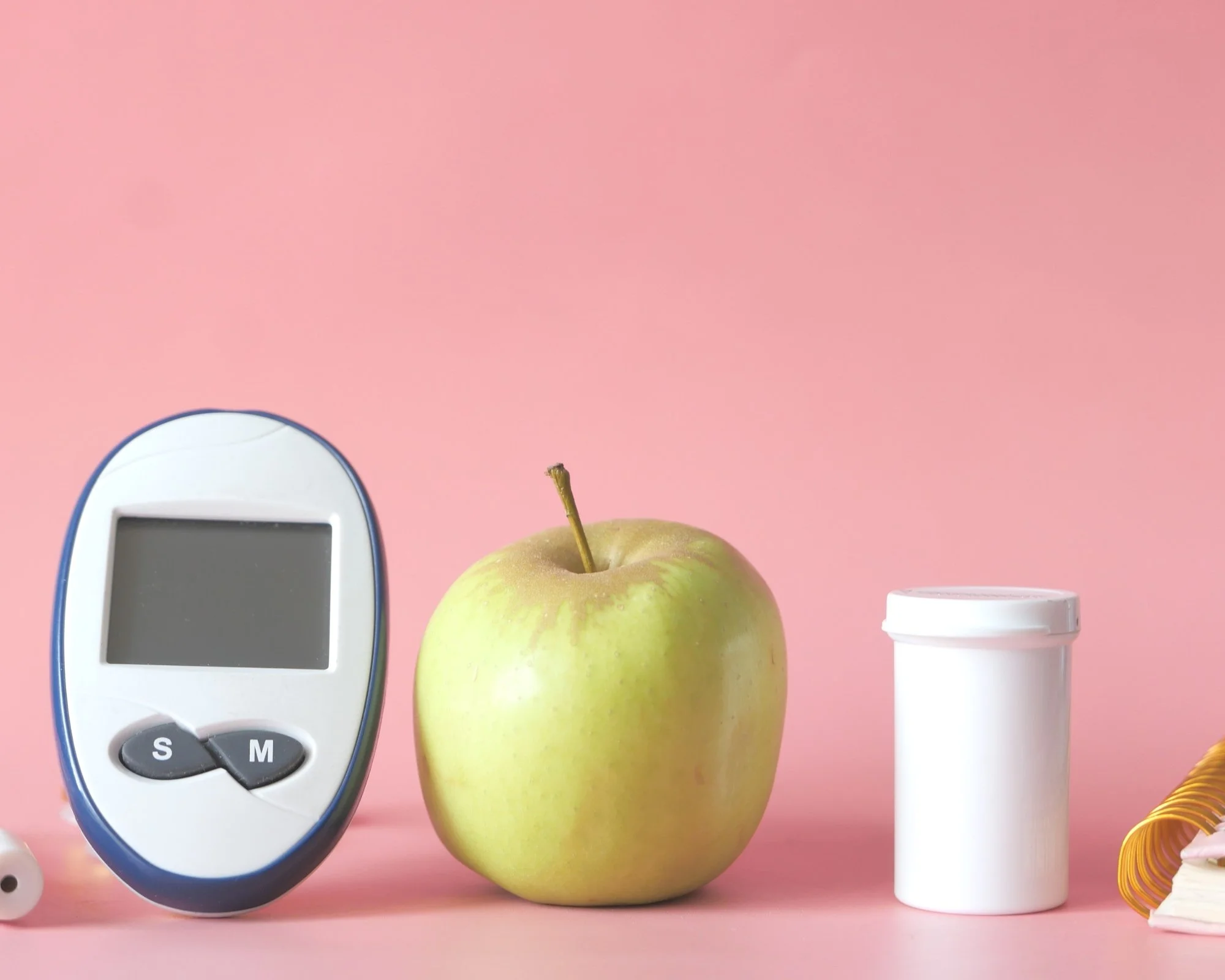The Influence of Nutrition in Gestational Diabetes
Gestational Diabetes (GD) is a condition that effects approximately 15% of pregnant women per year (approx. 40,000+ pregnancies) and research suggests that prevalence of the condition is rising. Diagnosis of GD is usually achieved through the Oral Glucose Tolerance Test (OGTT) during weeks 26 – 28 of pregnancy where the body’s natural response to a sharp increase in pure glucose is measured over the course of a few hours through blood tests.
Throughout pregnancy, the body will undergo a range of physiological responses that influence the heart, kidneys, blood, lungs and metabolism in order to support the demands of the growing foetus. One very important metabolic adaption is in insulin sensitivity. In a healthy pregnancy, hormones produced by the placenta reduce the efficiency of insulin and will lead to a mild increase in blood glucose helping to supply energy to the foetus. In most cases, the body is able to adapt and compensate to these changes and maintain balance. It is when these normal metabolic responses do not occur adequately that it puts the individual at a higher risk of developing GD.
Risk factors
There are a number of non-modifiable and modifiable risk factors that determine a higher likelihood of a diagnosis. Non-modifiable risk factors include advanced maternal age, GD in previous pregnancies, ethnicity, a family history of diabetes and other diseases of insulin resistance such as PCOS. Modifiable risk factors include obesity or excessive weight gain during pregnancy, westernised diet and low levels of physical activity.
Health consequences to mother and baby
Although GD usually resolves itself post-delivery, there are consequences for both mother and baby if GD is not properly managed. If blood sugar levels remain high throughout pregnancy this can results in problems such as miscarriage, still birth or baby large for gestational age. Longer term complications include an increased risk for developing type 2 diabetes and cardiovascular disease in the mother and for the child in later years.
Role of nutrition in GD
During the preconception period, diet plays a significant role in contributing to the risk of GD. Dietary strategies that assist in managing a healthy weight, supporting blood sugar response and promoting microbiota health have been shown to be some of the most effective management strategies for GD. Food influences blood glucose levels in many ways. Often quick to digest foods such as refined carbohydrates may spike blood glucose and inhibit the insulin response. When food is more satisfying, and slower to digest it has been shown to slow glucose absorption and insulin response, not to mention all the additional health benefits for mother and baby.
Sources:
https://www.ncbi.nlm.nih.gov/pmc/articles/PMC6274679/
https://www.ncbi.nlm.nih.gov/pmc/articles/PMC6391302/
https://www.diabetesaustralia.com.au/about-diabetes/gestational-diabetes/
Leah Hechtman, Clinical Naturopathic Medicine, 2014

